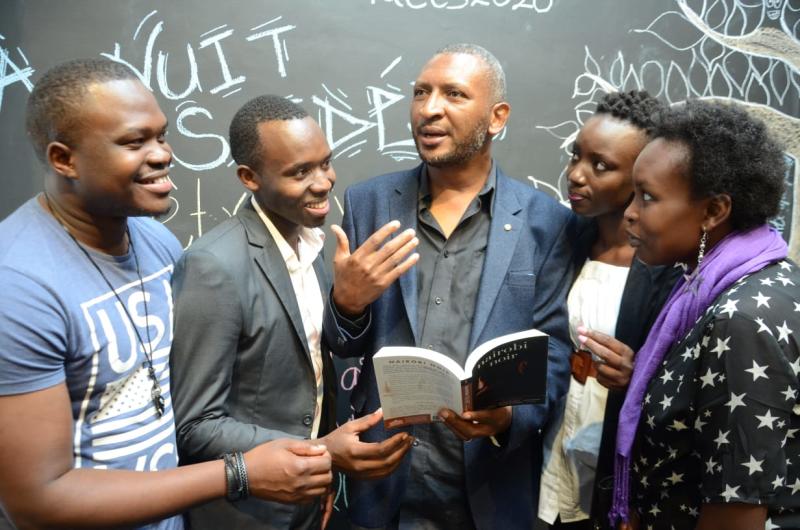×
The Standard e-Paper
Fearless, Trusted News

Postmodernists who subscribe to the arguments of French literary theorist Roland Barthes popular “death of an author” concept would argue that writers of fiction have no role in commenting about their own tales.
But the controversial concept was defied recently by contributors of the new short story anthology sensation Nairobi Noir when they weighed in on their stories.